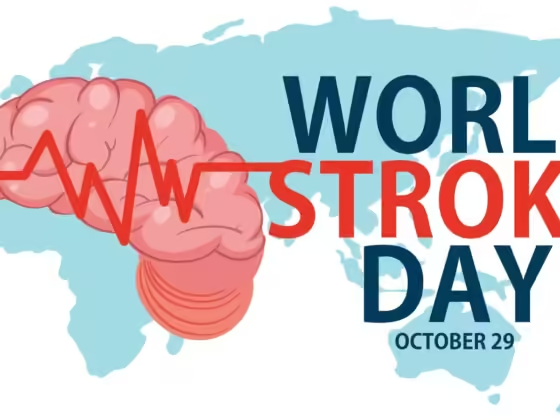New Delhi, 07 November 2024: A recent study published in the Journal of Obstetrics and Gynaecology Canada, has found that successfully initiating breastfeeding is strongly linked to a reduce risk of postpartum depression (PPD).
Breastfeeding and Postpartum Health
Breastfeeding is well-known for providing many advantages for both mothers and babies. Recent research has revealed a strong link between starting breastfeeding successfully and a reduced risk of postpartum depression. Understanding this connection can empower new mothers and healthcare professionals. This article looks at the study’s findings, their implications for maternal health, and how breastfeeding can significantly enhance emotional well-being after giving birth.
Understanding Postpartum Depression
Postpartum depression (PPD) is a complicated mental health issue that many women face after delivery. It can show up in different forms, such as sadness, anxiety, and exhaustion. Concerns are rising, with estimates indicating that about 10-20% of new mothers might experience symptoms. It’s vital to recognize these signs and seek help for recovery and the overall health of both the mother and child.
Factors Contributing to Postpartum Depression
Multiple factors can lead to postpartum depression, including hormonal fluctuations, lack of support, and previous mental health issues. Stress from childbirth and parenting can worsen these feelings, making it essential to identify protective factors that can reduce the risk of PPD.
The study revealed that mothers who began breastfeeding within the first hour after delivery were much less likely to exhibit postpartum depression symptoms. The emotional bond that forms during breastfeeding might contribute to this protective effect, providing mothers a sense of connection and satisfaction. Moreover, breastfeeding triggers the release of hormones like oxytocin, known to uplift mood and alleviate stress.
These study findings highlight how crucial it is to give proper support to new mothers during the initial breastfeeding phase. Healthcare providers can play a vital role by offering resources, guidance, and encouragement to help mothers tackle breastfeeding challenges. This support not only aids the mothers but also has a positive impact on the child’s health and development.








